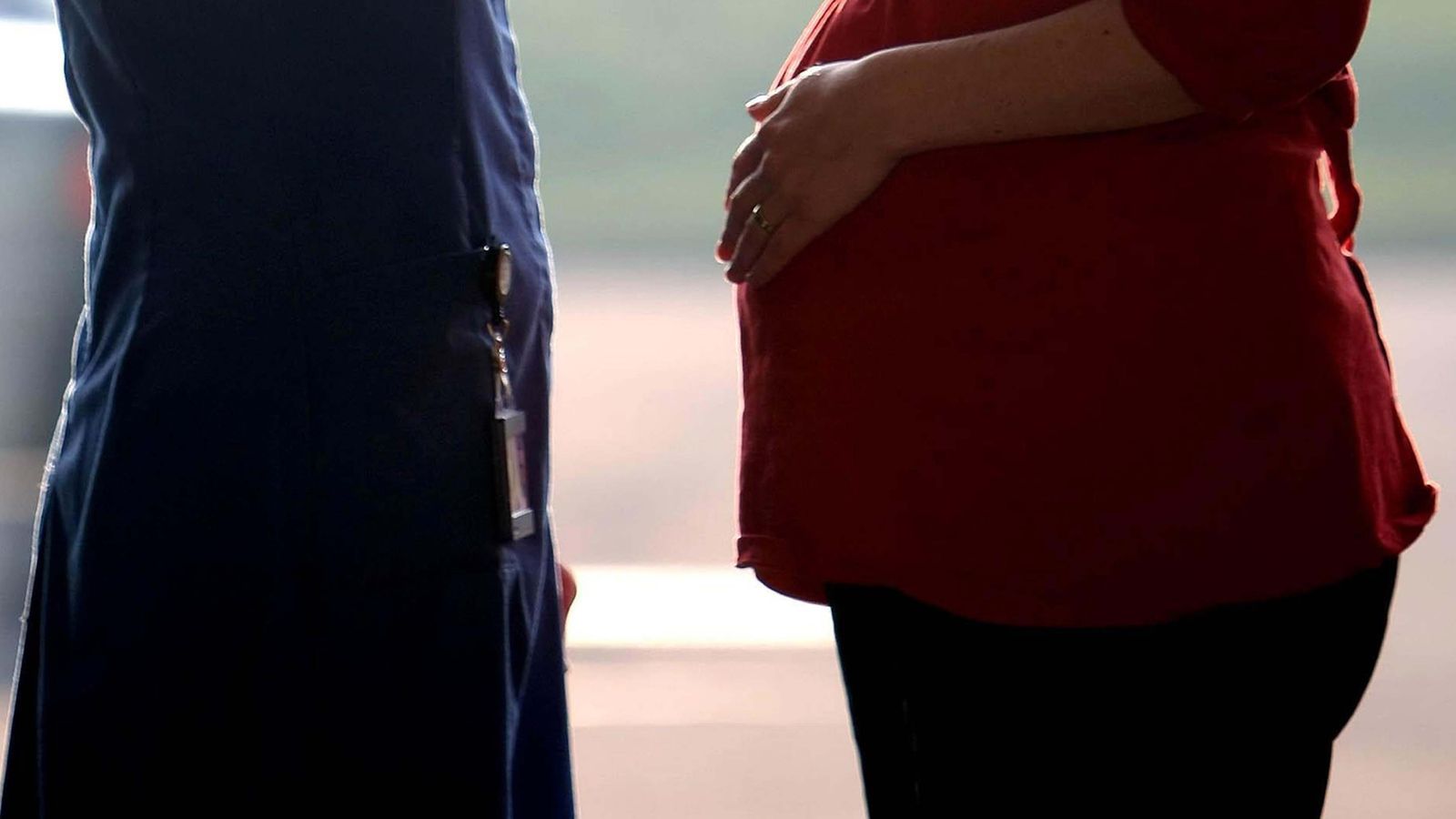The trauma of miscarriage significantly increases the risk of depression and suicide for both women and men, a leading pregnancy charity has found.
The research by Tommy’s examined the physical and emotional cost of miscarriage. It found that each pregnancy loss increases the risk of the same thing happening again. After three miscarriages, a woman is four times more likely to suffer a miscarriage than someone who has never had a miscarriage.
Published in The Lancet, it examined data from nine studies involving more than 4.6 million pregnancies.
It found the mental impact for both women and men quadrupled the risk of suicide and doubled the rate of depression.
The report also suggested miscarriage could cost society more than £1bn per year when lost productivity, physical and mental health problems are considered.
And it urged government to improve data collection and care for couples who have suffered pregnancy loss. Currently extra support and tests are only provided by the NHS after a woman has suffered three miscarriages. Tommy’s wants women and couples to be able to access help after every pregnancy loss.
Laura and Chris Bradshaw have been trying for a baby for four years. In that time she has suffered four miscarriages.
Laura told Sky News one of the major challenges has been understanding why she has suffered repeated pregnancy loss.
She said after experiencing her first miscarriage she was “basically turned away and told you have to go through it twice more before you can get a simple blood test”.
The Tommy’s study also found that black women experience 40% higher miscarriage rates than their white counterparts, but said further research is needed to understand why.
A government spokesperson said it is committed to improving maternity care and outcomes, and will ensure that by 2024 three-quarters of black and ethnic minority women receive care from the same midwife before, during and after their birth.
The Minister for Women’s Health, Nadine Dorries said: “Suffering the loss of a child is a tragedy beyond words, which is why we’re urgently working to understand and address the causes of miscarriages, while providing the best support for families.”






















